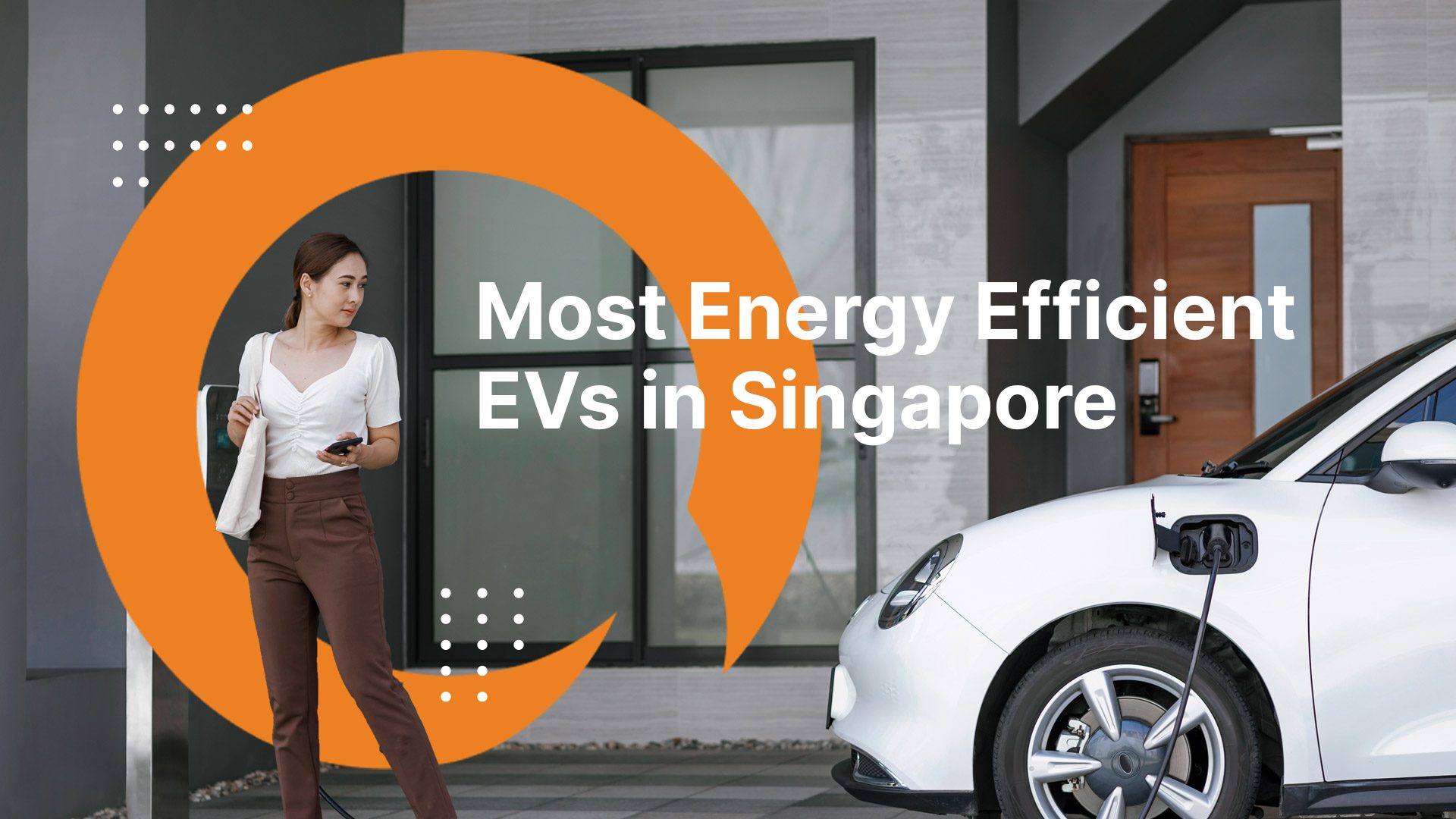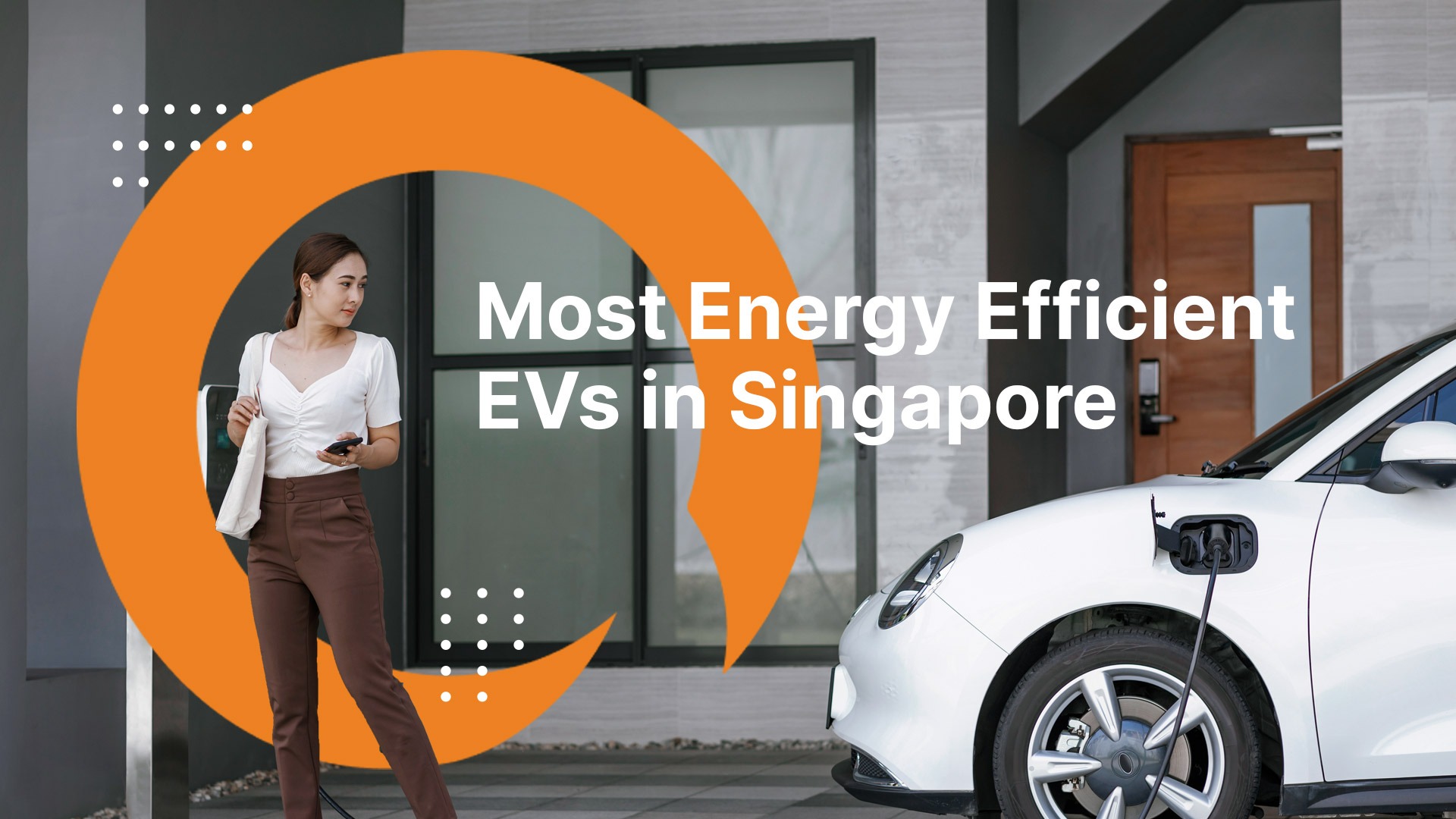
In recent years, the global automobile industry has witnessed a significant shift towards sustainability, driven by the pressing need to reduce carbon emissions and combat climate change. Singapore has embraced this trend by promoting the adoption of energy-efficient cars. With an increasing number of Singaporean car buyers seeking eco-friendly alternatives, the local market has seen a surge in demand for energy-efficient electric vehicles (EVs).
This shift has ignited a vibrant landscape where consumers in Singapore are now spoilt for choice when it comes to selecting the most energy-efficient EVs to navigate the city’s streets. In this article, QuickCharge will explore some of the most energy-efficient cars that are making waves on the streets of Singapore, where the electric charger Singapore network is continually expanding to accommodate the growing EV user base.
Table of Contents
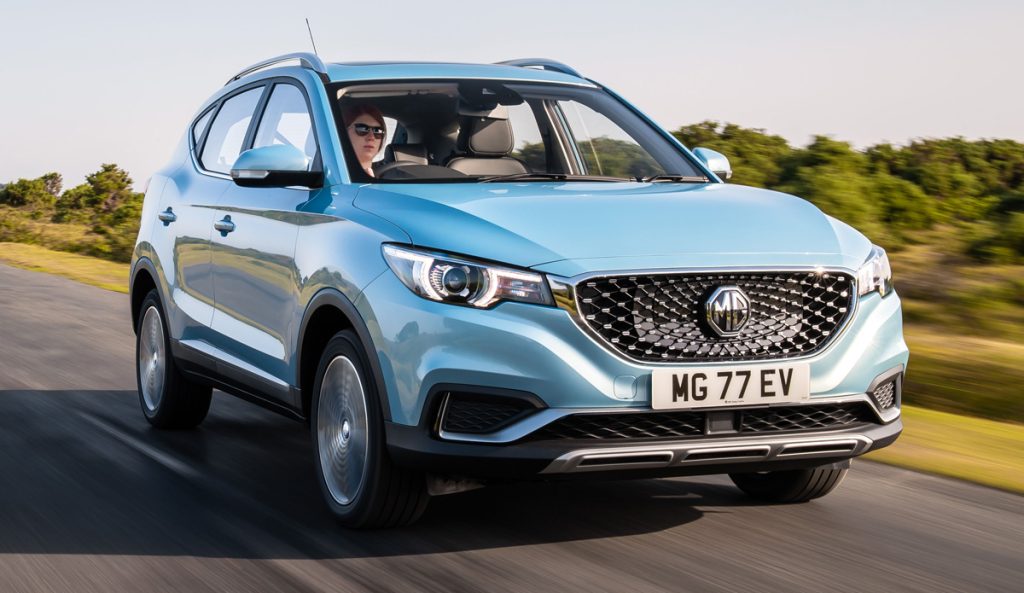
The MG ZS Electric is at present one of the most affordable electric cars in the market. For its price, the MG ZS offers impressive features and equipment, including a panoramic sunroof and super fast charge capability. View suitable chargers here.
- Power Consumption – 17.5kWh / 100km
- Max DC Charging Rate/Time – 100kW / 40.2mins
- Max AC Charging Rate/Time – 7kW / 8.5h
- Max Range – 320km
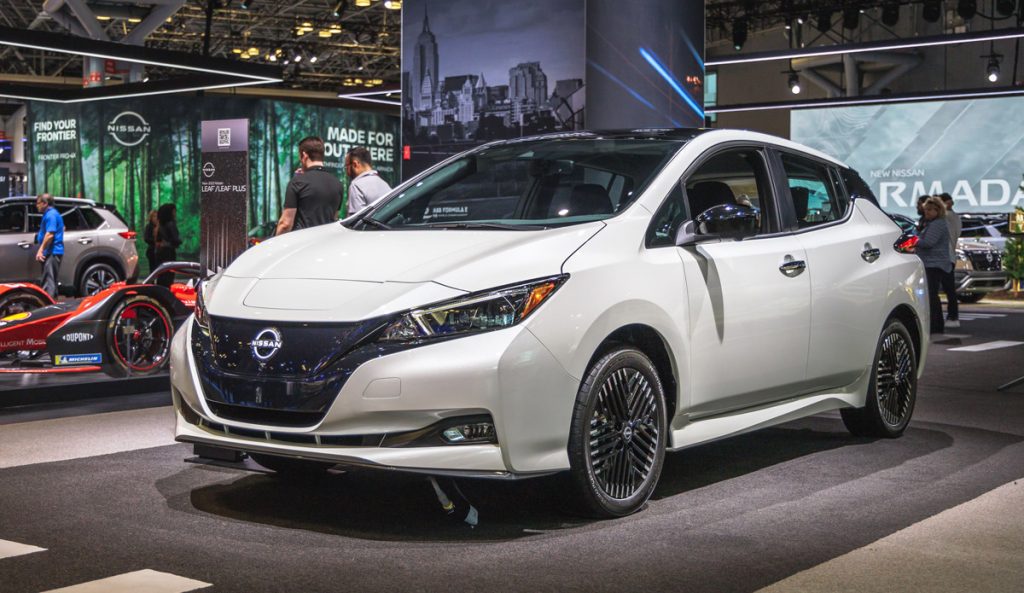
First introduced in 2010, Nissan has made essential improvements to the design of the Nissan Leaf throughout the years. The latest Nissan Leaf model is an affordable model with a competitive 311km range. Furthermore, it can reach a full charge within 1 hour or less at fast charging stations equipped with DC chargers. View suitable chargers here.
- Power Consumption – 17.1kWh / 100km
- Max DC Charging Rate/Time – 50kW / 55mins
- Max AC Charging Rate/Time – 6.6kW / 8h
- Max Range – 311km
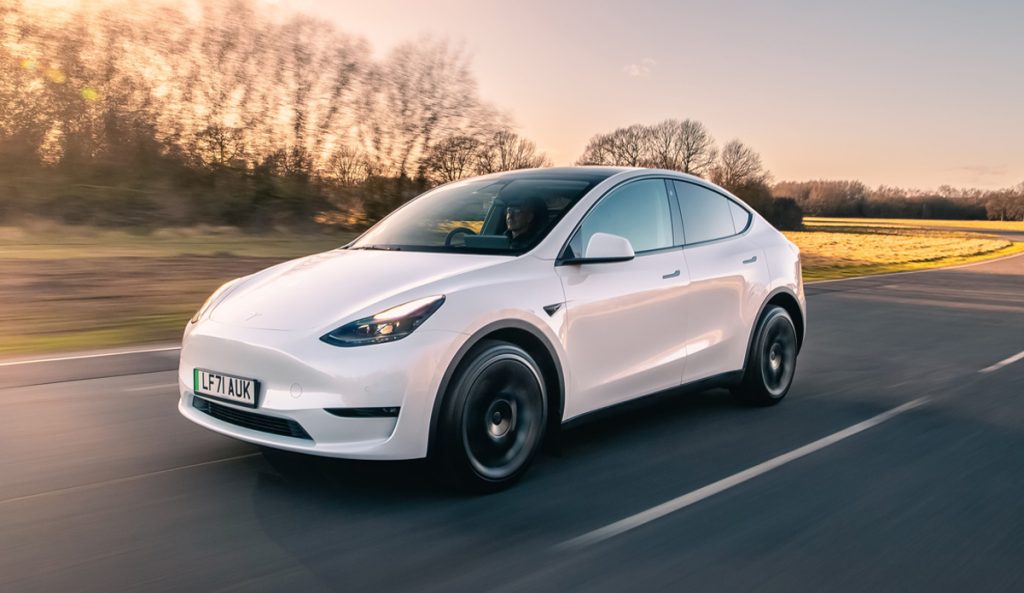
The Tesla Model Y is a must-have for families and SUV lovers who want the coolest electric car currently available in Singapore today. The Tesla Model Y isn’t cheap, but it has an impressive range, superb energy consumption stats as well as one of the best looks in the SUV market. View suitable chargers here.
- Power Consumption – 15.7kWh / 100km
- Max DC Charging Rate/Time – 250kW / 12mins
- Max AC Charging Rate/Time – 11kW / 8h
- Max Range – 455km
As we explore the energy-efficient cars in Singapore, we definitely cannot miss out on looking at EV chargers to power your vehicles.
With Quickcharge's Artemis Series, you can affordably and reliably power up your vehicles.
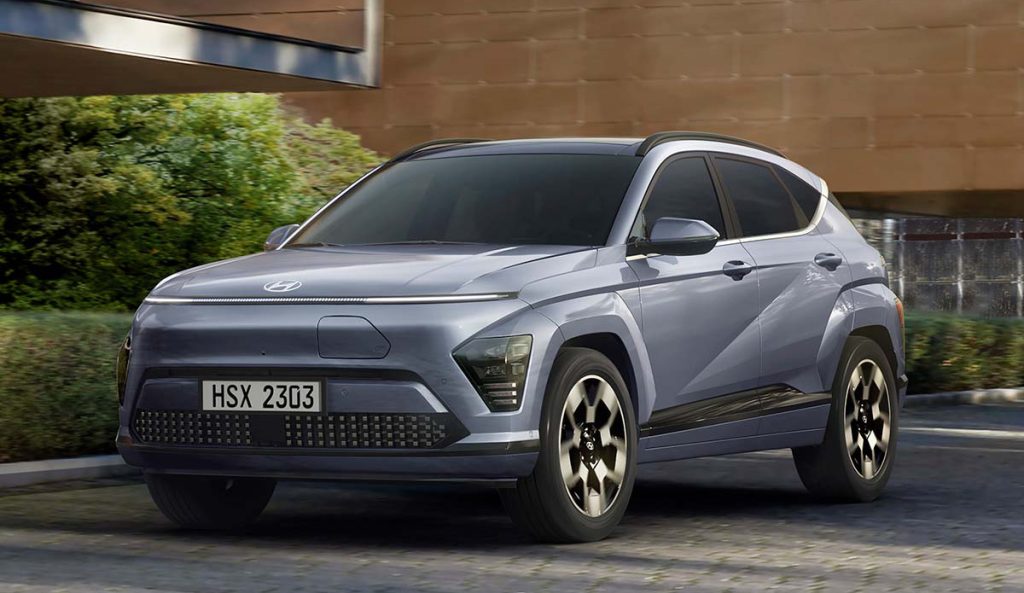
Hyundai’s Kona Electric is a pure electric powertrain that comes with a 64kWh battery, market-leading range, and a eight-year battery warranty. Level 3 charging points are important if you want to enjoy the fastest charge times. View suitable chargers here.
- Power Consumption – 15.7kWh / 100km
- Max DC Charging Rate/Time – 100kW / 34mins
- Max AC Charging Rate/Time – 11kW / 6.5h
- Max Range – 484km
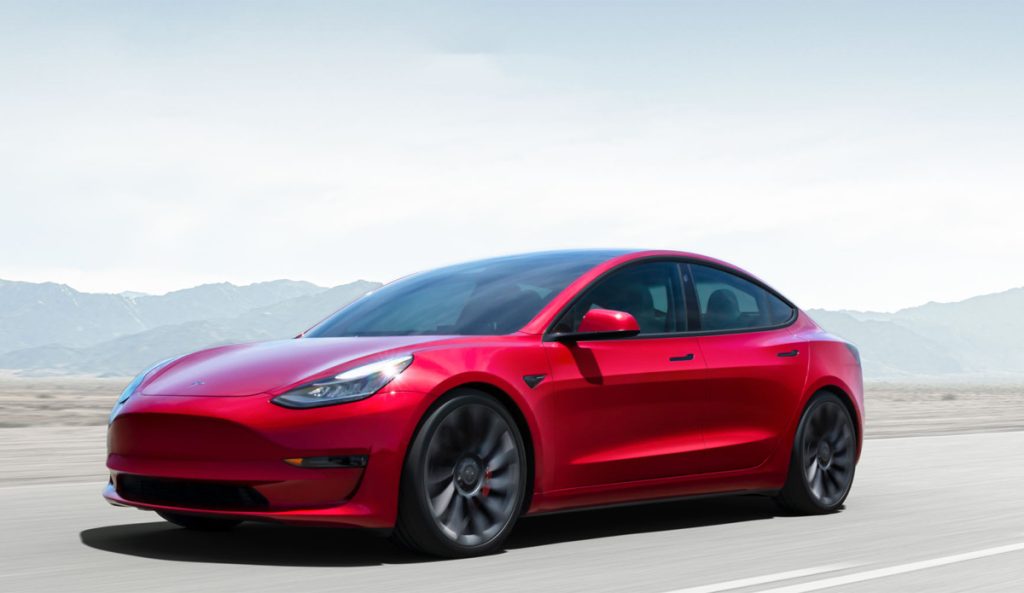
The Tesla Model 3 is fully electric with 547 km of estimated range, so you never need to visit a petrol station again. With a maximum range of 448km, and an impressive top speed, this sporty sedan has a lot to offer. View suitable chargers here.
- Power Consumption – 15.1kWh / 100km
- Max DC Charging Rate/Time – 170kW / 30mins
- Max AC Charging Rate/Time – 11kW / 6.25h
- Max Range – 448km
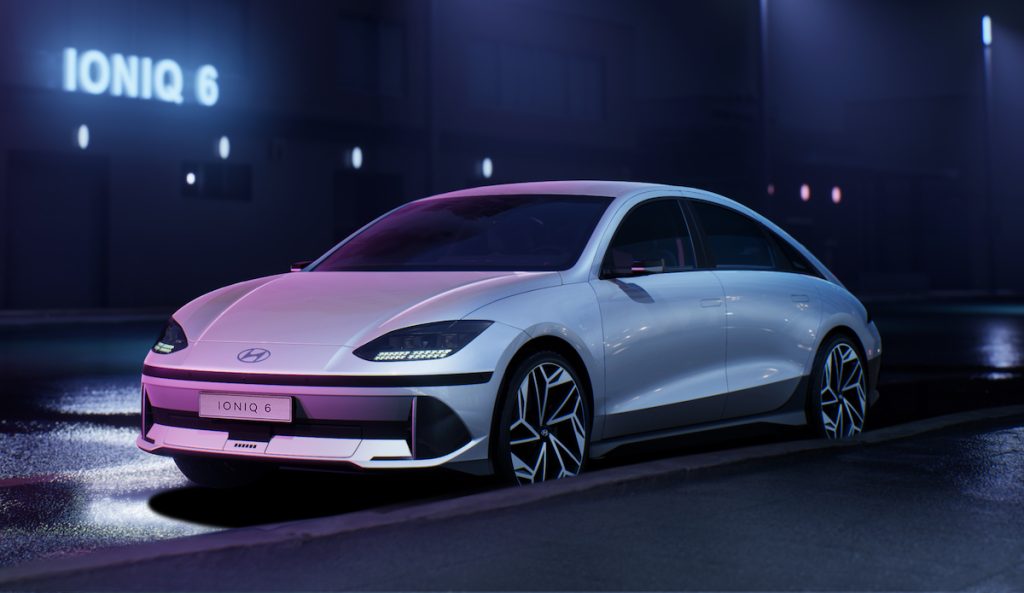
The Hyundai Ioniq 6 has swept the triple categories which are World Car of the Year, World Electric Vehicle and World Car Design of the Year. It was also put among the most energy-efficient mainstream electric cars in the Worldwide Harmonized Light Vehicle Test Procedure (WLTP). View suitable chargers here.
- Power Consumption – 14.9kWh / 100km
- Max DC Charging Rate/Time – 350kW / 18mins
- Max AC Charging Rate/Time – 11W / 7.17h
- Max Range – 581km
As Singapore continues to prioritize sustainability and environmental conservation, the market for energy-efficient cars is poised for growth. Moreover, the increasing accessibility of electric chargers across the city plays a crucial role in facilitating this transition. With a growing network of electric chargers strategically positioned throughout Singapore, drivers can confidently embrace these sustainable alternatives, knowing they have convenient access to recharging infrastructure, thus further paving the way for a cleaner and more sustainable transportation landscape.
